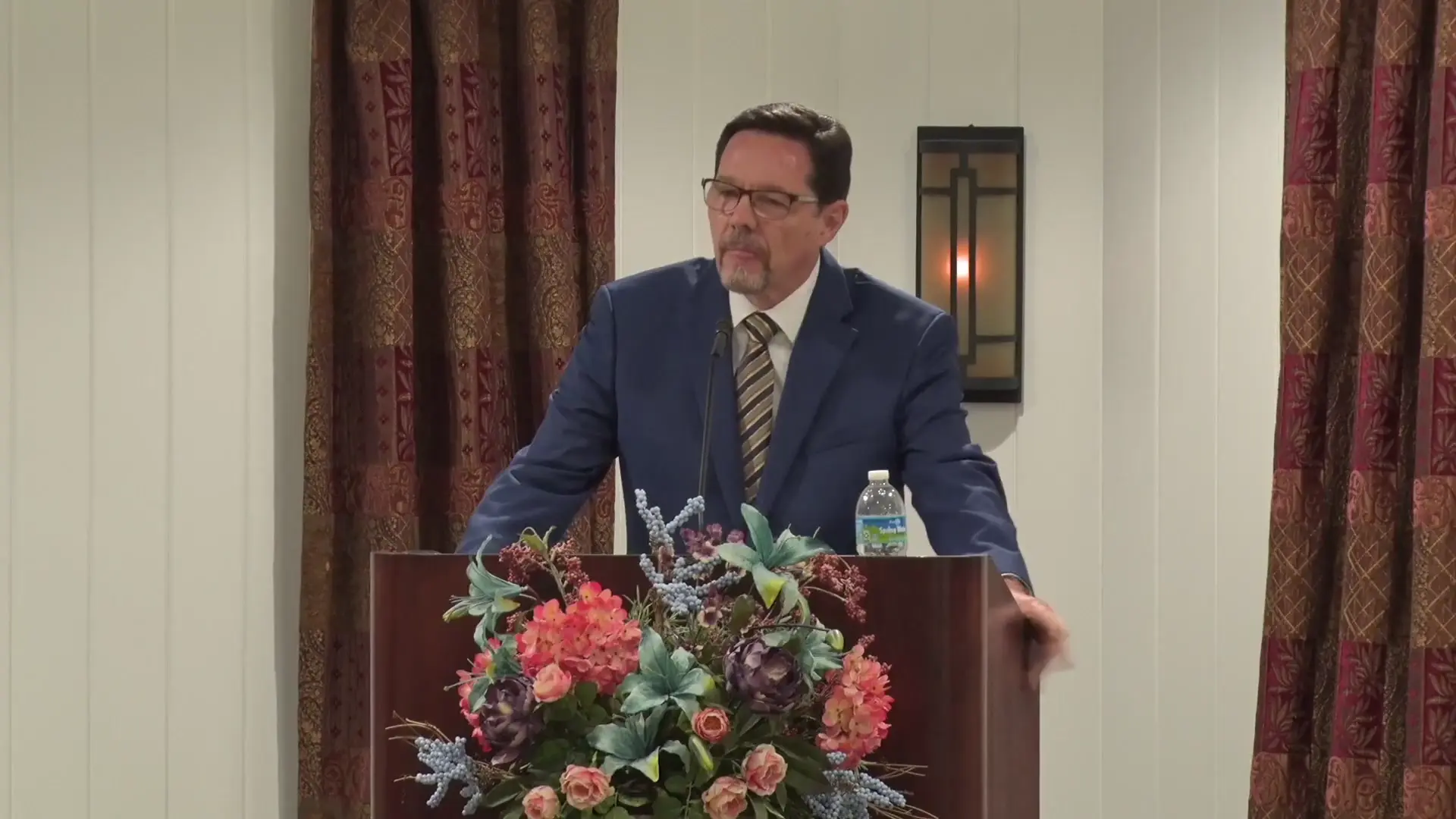Filter by Categories
Perfect, Gentle Courtesy (Part 1)
Sermon by Martin G. CollinsIn the pursuit of godly conduct, we must be mindful of our speech, avoiding empty and vain conversations that hold no value. The Greek term *mataiologia* (G3150), translated as 'idle talk' in the New King James Version and 'vain jangling' in the King James Version, refers to discussions that are senseless, filled with many words but little meaning, and foolish opinions not worth hearing. Such talk dissipates energy and lacks purpose, often leading to spiritual trouble. As followers of Christ, we are called to discipline ourselves in conversation, ensuring that our words reflect consideration and gentleness, aligning with the excellence of character that God expects from His people.

Displaying Virtuous Character
Sermon by Martin G. CollinsIn the pursuit of virtuous character as citizens of heaven, we must be mindful of our speech and interactions with others. One critical aspect to avoid is empty or vain talking, known as *mataiologia* (G3150), which signifies discussions of no value, filled with many words but little sense. This idle talk, often translated as "vain jangling" or "idle talk," reflects senseless eloquence and foolish opinions not worth hearing. As followers striving to reflect the character of God, we are called to discipline ourselves in conversation, ensuring our words are meaningful and edifying, displaying courteous consideration whether we speak or listen. By refraining from such empty discourse, we uphold the order and decency that God desires in all things, aligning our conduct with His high standards.

Have You Become an Example to All Who Believe?
Sermon by Martin G. CollinsEnergy is often wasted through pointless conversation and silly arguments. Scripture provides warnings concerning idle talk, described as empty or vain talking, useless and not benefiting anyone. Such discussions hold no value, filled with many words but little sense, and are considered senseless eloquence or foolish opinions not worth hearing. Talking without allowing others to speak demonstrates poor manners, suggesting that one's own words are more important than those of others and showing a lack of interest in their contributions. Habitual interruptions further reveal a disregard for what others have to say, undermining the courtesy and consideration essential to a virtuous character.

Titus (Part Three): Rebuking False Teachers
Sermon by Richard T. RitenbaughThe congregations in Crete were beset with insubordination, subject to no authority, full of meaningless and senseless talk, distracting the overseer.